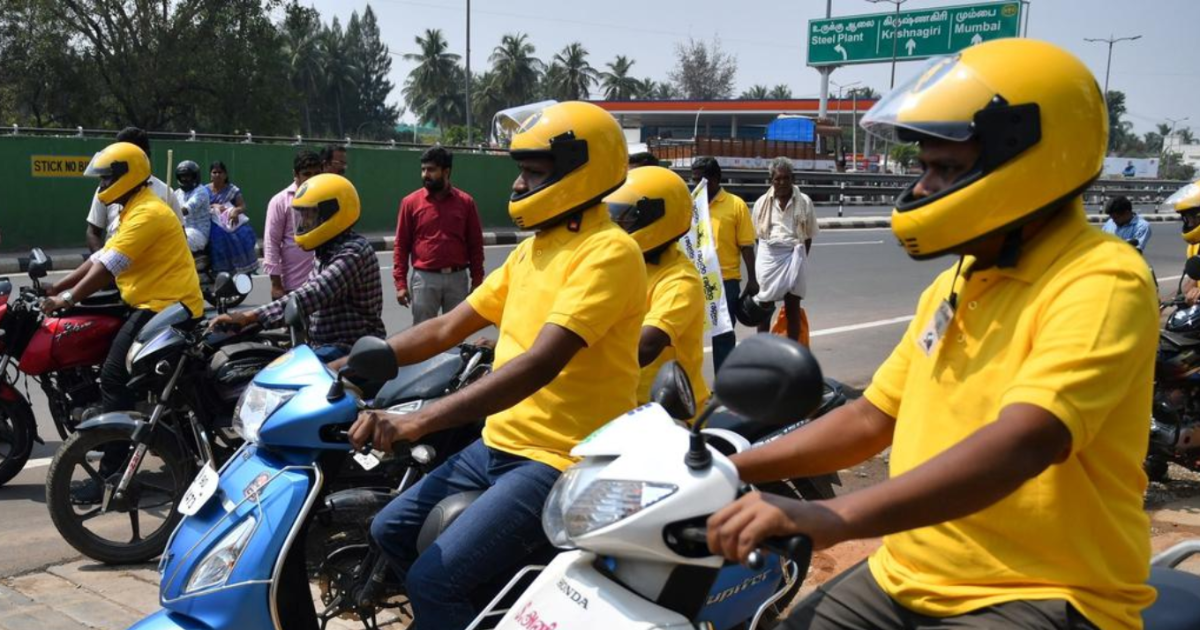A group of 40 bike taxi drivers in Delhi has appealed to the city’s Transport Minister, Kailash Gahlot, to intervene and prevent any enforcement or action against them by the government. The Delhi government initiated a crackdown on bike taxis in February, leading to a legal battle in the Delhi High Court. Although the Supreme Court has temporarily stayed the Delhi HC’s order, providing some relief to bike taxi aggregators like Rapido, Uber, and Ola, the drivers now face another period of uncertainty.
In a memorandum submitted to Gahlot’s office, the group expressed their concern that the Delhi government is determined to ban their services, while delivery services continue without interruption. The drivers feel targeted and believe that the ban will make it difficult for them to meet household expenses, educate their children, and care for their parents.
To recap, the Supreme Court Vacation Bench, consisting of Justices Aniruddha Bose and Rajesh Bindal, stayed the Delhi High Court’s order on May 26, which prohibited the government from taking coercive action against bike taxi drivers until a new aggregator policy was formulated, effectively lifting the bike taxi ban. The bench acknowledged the Delhi government’s commitment to notify the final policy for bike taxi aggregators by the end of July but allowed the aggregators to request an urgent hearing of their pleas in the Delhi HC.
Meanwhile, Delhi Transport Commissioner Ashish Kundra stated that the government would write to bike taxi aggregators, urging them to comply with the ban or face consequences. If the companies fail to comply, their vehicles may be impounded.
Despite the recent legalization of bike taxis by Delhi’s transport department under the “Draft Delhi Motor Vehicle Aggregator and Delivery Services Provider Scheme,” the ban on bike taxis remains in place. The scheme, published on May 24, permits the operation of electric two-wheelers as bike taxis in the national capital.
Bike taxis have faced challenges in Delhi, with Uber, Ola, and Rapido advocating for their continued operations and calling on the government to engage in dialogue. Uber reported that people in Delhi take an estimated 2 million trips on bike taxis each month. Moreover, more than 1.9 million trips in Delhi-NCR are between metro stations, highlighting the demand for bike taxis.
While Delhi’s draft aggregator policy and the central government’s vehicle aggregator policy both leave room for bike taxis, they differ in terms of electrification norms. Delhi’s policy imposes short timelines for aggregators to comply with the electrification requirements.



![[CITYPNG.COM]White Google Play PlayStore Logo – 1500×1500](https://startupnews.fyi/wp-content/uploads/2025/08/CITYPNG.COMWhite-Google-Play-PlayStore-Logo-1500x1500-1-630x630.png)